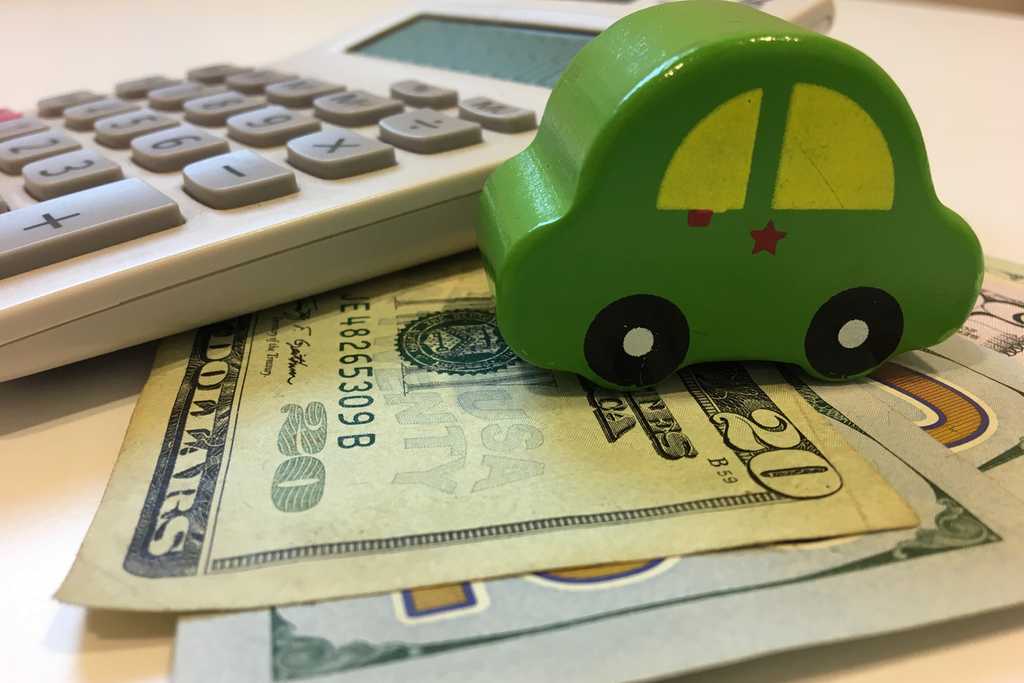Getting into a car accident is stressful, especially if that accident results in your car being totaled. Whether it’s your fault or not you have to deal with insurance companies, claims adjusters, and mechanics all on top of figuring out how you’re going to get to work in the morning.
Full coverage car insurance can help ease some of that stress but don’t assume it’ll cover the entirety of your car’s replacement. Insurance companies use a method of evaluating your car called Actual Cash Value to try to pay you as little as possible.
To make sure you’re getting the full value you deserve, you’ll want to know how car insurance companies value cars and know what to do if you feel yours has been undervalued.
What is Actual Cash Value (ACV)?
Insurance companies use actual cash value (ACV) as a method of valuing insured property or items. The ACV of an item is typically the amount equal to the replacement cost minus depreciation of the damaged or stolen item at the time of the loss. For a car in particular, it’s the amount the insurance company determines someone would reasonably pay for the car, assuming the accident had not happened.
Actual cash value for a car usually takes into consideration depreciation, wear and tear, mechanical issues, cosmetic blemishes, and even supply and demand for the vehicle in your local area.
Actual Cash Value vs. Replacement Cost
If you have a replacement cost policy in your home insurance policy and a camera listed in that policy is stolen, you’ll be reimbursed the full cost of replacing it with a new camera as similar as possible. The insurer won’t take into consideration wear and tear or if the camera was even still working at the time it was stolen.
In contrast, ACV, also known as market value, represents the dollar amount you could expect to receive for the item if you sold it in the marketplace. Market value is subjective, that’s why most insurance policies, especially car insurance, use actual cash value so they can pay you as little as possible.
That’s how if you finance a new car and total it in the first year, you can actually find yourself owing money after an accident, regardless of whether it was your fault, because depreciation lowers the ACV of a new car up to 20% in the first year.
How is ACV calculated?
Most insurance companies keep their ACV formulas under lock and key but there are some factors that all companies consider including the year, make, model, mileage, overall condition, and major options on the car. Many companies will also take into consideration any claims you’ve filed with them in the past. And be prepared for a number even lower than that because your check will be minus your deductible and applicable state taxes and fees.
If for some reason you think your insurer has significantly undervalued your car and you deserve more than they’re offering, you can dispute the actual cash value they came up with without going to court.
What to do When Valuation Is Less Than Expected
Remember that it’s completely within your rights as the car’s owner to decline an offer you don’t agree with and ask for a better offer. But you’ll want to make sure that your idea of what your car is worth is rooted in reality. The first step to finding your car’s unbiased value is to check Kelly Blue Book and TrueCar to see what your car is worth.
If the value is still in line with what you think you’re owed then take your totaled car to your own mechanic. It’ll be hard to be subjective when determining the quality of your car so you’ll need at least one second opinion from a qualified mechanic.
You can actually bring it to as many mechanics or garages as you want until you get a figure you feel accurately reflects your car’s value. And if that value still backs up your claim you can submit the mechanics’ findings to the insurance company as proof.
Can You Negotiate Car Value With an Insurance Company?
Your insurance company won’t easily accept your counter-offer so you can absolutely negotiate your car’s cash value. You’ll just need to be as prepared as possible.
First, have a desired settlement amount in mind, as well as a minimum you’d accept. Your high and low numbers should reflect the estimates you got online and from your mechanic. Throughout the process, keep a level head and objectively weigh the strengths and weaknesses of their arguments as they justify their offer.
If your car is older and would theoretically need parts replaced in the near future the claims adjuster may cite “betterment” as a reason their offer is low. To counter you’ll need to prove that the parts will not in fact increase the value of your car. A written letter from your mechanic with reference to the specific parts and their value should suffice.
If you live in a state where at-fault drives get a diminished payout, the insurance company may want to prove you were more at-fault than you are claiming. To counter you’ll want police reports, photos and witness testimony to help prove your innocence.
You Deserve to be Fairly Compensated
If you’re successful, you’ll need to confirm the new offer in writing outlining the amount of the settlement and/ or what it is repairing. Getting everything in writing ensures that if information falls through the cracks throughout the process it’s easier for you to deal with and get what you deserve.
Thanks to how easy it is to get information online and from mechanics, many car insurance companies value cars pretty fairly. But it’s not uncommon to find an unreasonable claims adjustor so always do your research and due diligence to make sure you’re getting your car’s actual value.

